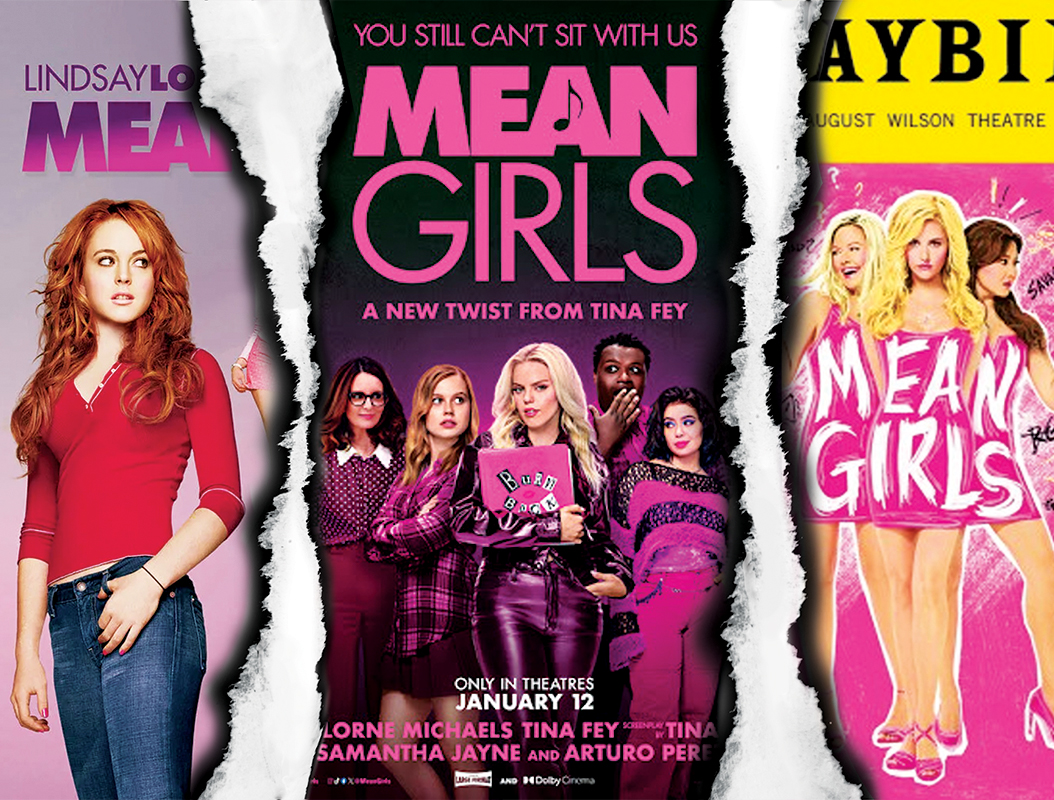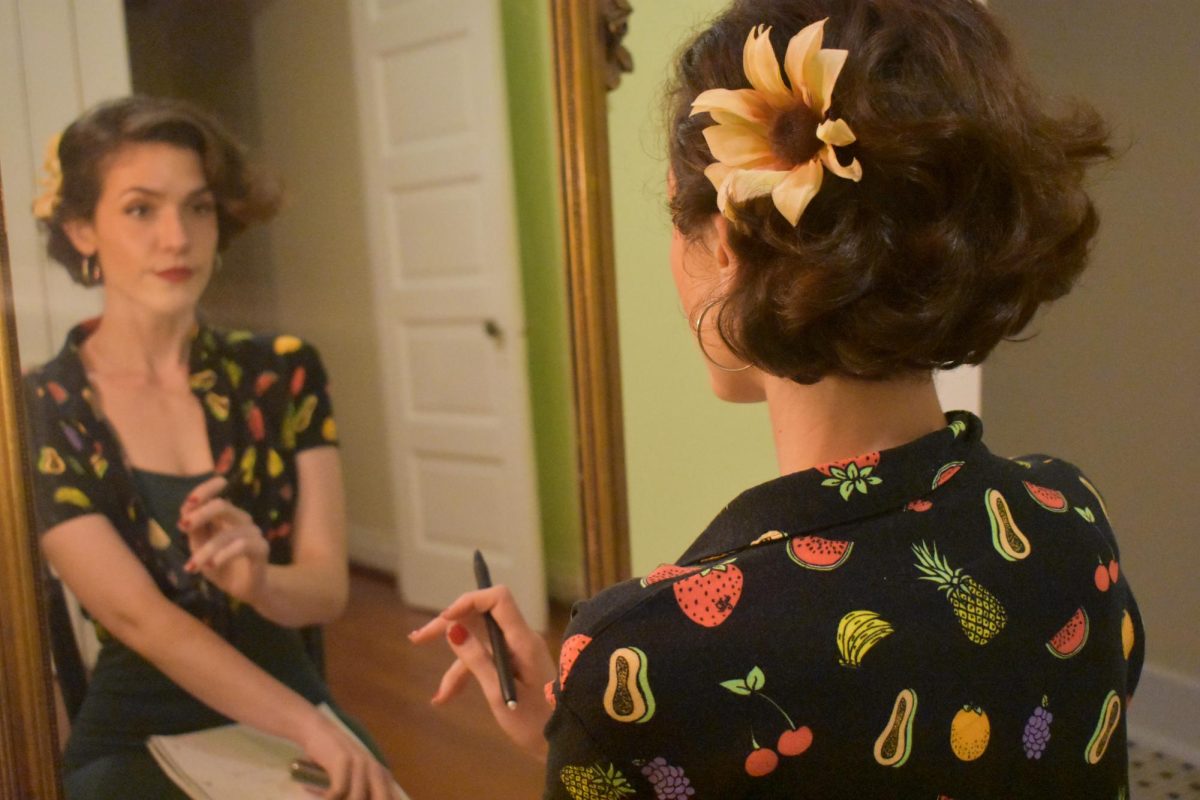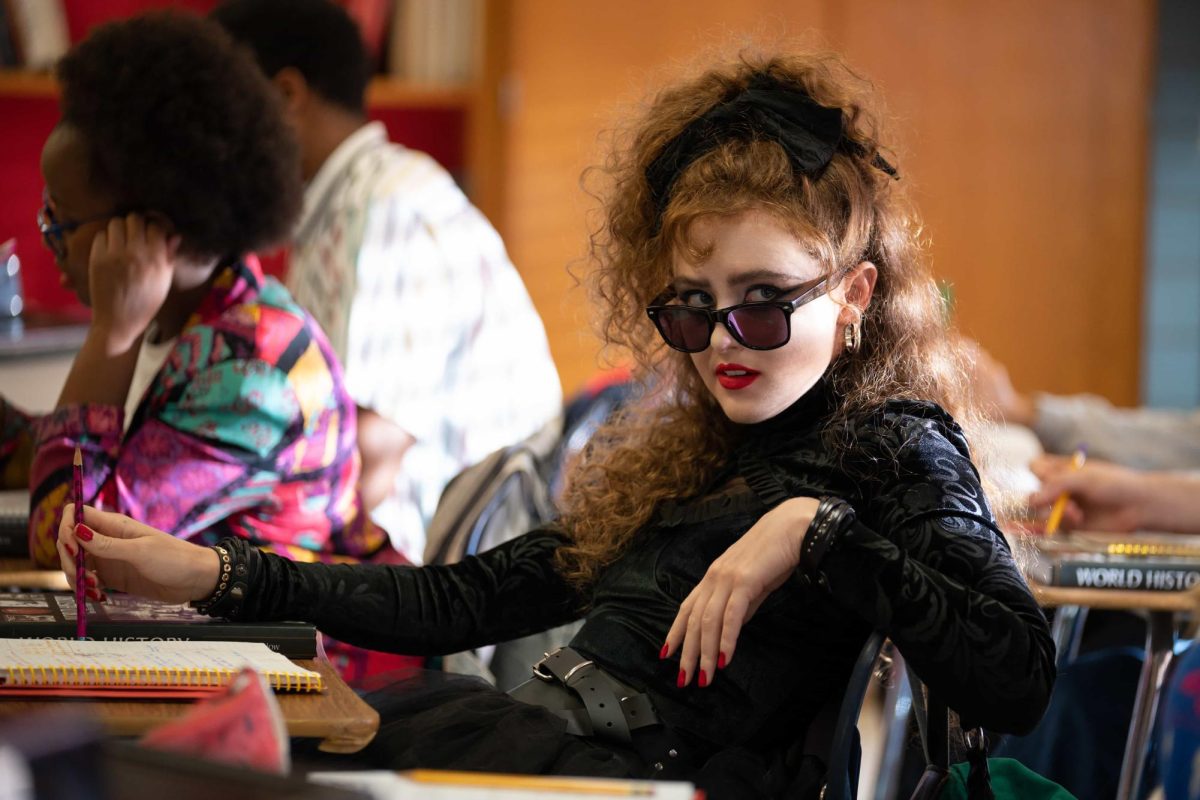Here’s my controversial take: “Mean Girls The Musical,” debuting on stage in 2018, is the best adaptation and use of the 2004 comedic classic, “Mean Girls.”
Before you invade my ideas with pitchforks and torches, let me explain. Get in, reader, we’re going on a drive through the history of “Mean Girls.”
To present a fair assessment, I will be focusing on three main iterations of the original “Mean Girls” story (sorry, 2011’s “Mean Girls 2”).
Everyone knows Tina Fey’s “Mean Girls,” starring Lindsay Lohan and Rachel McAdams.
You can’t sit with us. On Wednesdays, we wear pink. The whole nine yards. I’m not saying that the 2004 film isn’t a classic or fetch by any means.
However, as far as inclusivity and relatability goes, the stage production performs the best.
The vast majority of the world who’s seen “Mean Girls” excuses the film’s racial stereotypes and misogynistic jokes because it was released in the early 2000s and maintained ample comedic relief. The film ages in an … interesting, yet iconic manner.
Like most early 2000s comedies, “Mean Girls” seemingly gets a pass due to its relatability and views on girlhood, especially in the treacherous world of high school. Even if a few racial slurs fall through the cracks.
Those failings do not completely escape the beginnings of the stage production with multiple scenes and lyrics changing over the years. The stage production is also written and produced by Tina Fey, so a flare of questionable jokes of body shaming and misogyny still make it to the final cut.
However, this does not stop its successful impact.
A look and commentary into the world of modern technology and social media, 2018’s “Mean Girls” presents a perfect example of reflecting on the original, all while offering a new, fresh perspective to even the most background characters.
The production still includes a variety of hilarious moments, and as I’ve seen it twice, it only gets funnier with each attendance.
“Mean Girls The Musical” also adds more context to Cady’s backstory, with her introductory song “It Roars” which highlights a contrast between her life in Africa and her new beginnings in the United States. “Apex Predator” and “Revenge Party”, longer ensemble songs of the musical, also pays homage to Cady’s instincts for navigating through the vast jungle of high school, which is missing from the 2004 film.
The stage production also highlights characters that are either used for comedic relief or are simply placed in the background of the original film, such as Damian, Karen, Gretchen, Regina’s mom, and Kevin Gnapoor, who each receive their own songs to recognize the world revolving around “Mean Girls.”
With the strong impact of the stage production amongst theater kids and lovers, “Mean Girls” takes another step to continue their success: a movie musical starring rising Gen-Z icon Renee Rapp, who also took on the role of Regina George in the stage production when she was 19-years-old. 2024’s “Mean Girls” exhibits a mixture of the 2004 classic and 2018 Broadway production, hoping to mesh both worlds together successfully.
As a fan of the original and an even bigger fan of the stage production, I was unimpressed with 2024’s “Mean Girls.” While the cast held high hopes for success, and with the return of Tina Fey and several members of both previous iterations, the movie musical lost the essence of what made “Mean Girls” iconic.
With a nearly identical reproduction of the 2004 script, alongside elements of the stage production, 2024’s “Mean Girls” had the works to be a fun, successful adaptation for a musical, except one thing: most audience members didn’t realize it was a musical.
While I would comment on the lack of media literacy in social media users, I also understand the confusion. In the marketing run for the movie musical, only one to two teaser trailers exhibited singing and dancing, not to mention many people being unaware that “Mean Girls” became a stage production a few years ago.
For the 2024 film, there’s been a common consensus of disinterest, as half of the songs from the stage production were cut, such as Damian’s “Where Do You Belong” and Cady’s intro song, “It Roars,” as well as several reprises from Gretchen and Aaron Samuels, and the latter doesn’t sing at all in the movie musical.
Even with some funny moments and mediocre musical sequences, 2024’s “Mean Girls” was a fun yet cringey two hours to witness, but for fans of the musical, they may be disappointed with the changes from the successful stage production.
2004’s “Mean Girls” is a comedic staple of early 2000’s teen films that still provides iconic lines and memes to this day, but it struggles in maintaining a clean slate from insensitive jokes of race and misogyny.
20 years later, 2024’s “Mean Girls” fails to adapt solid moments from the original and the stage production, resulting in a confusing cluster of mediocre musical choices and casting that only stands strong in the interview process.
Even if many people aren’t fans of musicals, the 2018 “Mean Girls” Broadway production maintains its relevance in the theater community as a fresh, hilarious adaptation of the original film, all while adding new elements of modern media to properly reflect early 2000’s humor in a Gen-Z generation.




















